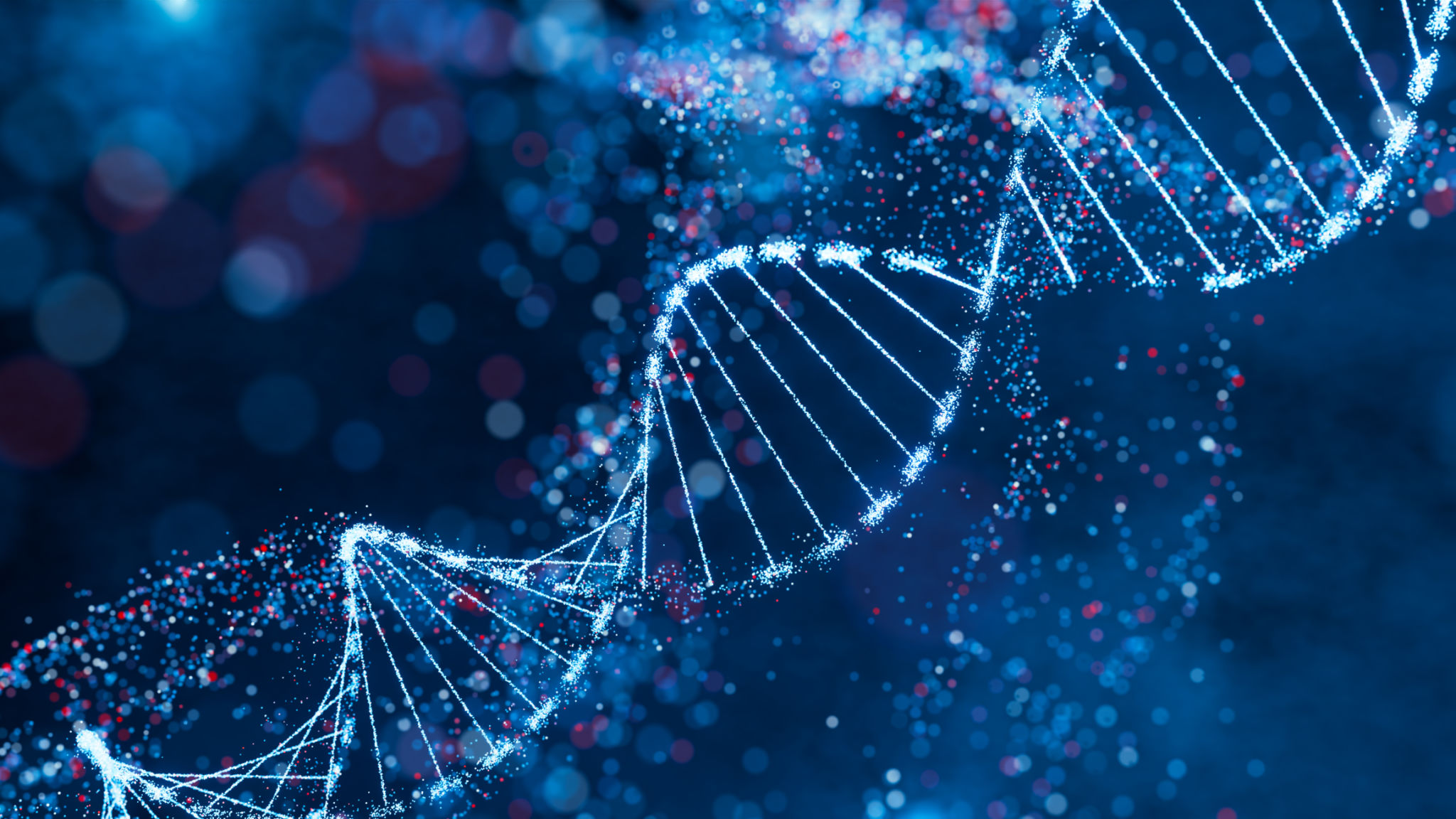Expert Insights: How Catholic Teachings Address Modern Ethical Dilemmas
Understanding Catholic Teachings in Modern Contexts
Catholic teachings have long provided moral guidance to believers, offering a framework for ethical decision-making. As society evolves, new ethical dilemmas arise, challenging these age-old principles. However, Catholic teachings remain relevant by adapting to modern contexts while holding on to core values.

The Catholic Church's moral teachings are based on a combination of Scripture, tradition, and reason. This trio forms the bedrock of Catholic ethics, ensuring that the Church remains a steadfast guide in an ever-changing world. While some may view these teachings as rigid, they offer a stable foundation for addressing complex ethical issues.
Addressing Technological Advances
One area where Catholic teachings are particularly challenged is in the realm of technological advancement. Issues such as artificial intelligence, genetic engineering, and data privacy pose new ethical questions. The Church encourages the responsible use of technology, emphasizing the importance of human dignity and the common good.
For example, in the case of genetic engineering, Catholic teachings advocate for the respect of human life at all stages. This perspective calls for ethical considerations in scientific advancements to ensure they do not compromise human dignity or lead to inequality.

Environmental Stewardship
The environmental crisis is another pressing issue where Catholic teachings provide insight. Pope Francis's encyclical, Laudato Si', highlights the moral obligation to care for our planet. This document calls for a collective responsibility to protect the environment, emphasizing the interconnectedness of all creation.
This approach encourages individuals and communities to adopt sustainable practices and policies that respect nature's balance. By advocating for environmental stewardship, Catholic teachings align with global efforts to combat climate change and promote ecological justice.

Social Justice and Human Rights
Catholic teachings have long championed social justice and human rights, advocating for the marginalized and oppressed. In today's world, issues such as income inequality, immigration, and racial discrimination require a renewed commitment to these principles.
The Church calls for an inclusive society where every individual is treated with respect and dignity. By promoting solidarity and the preferential option for the poor, Catholic teachings inspire actions that address systemic injustices and promote peace.
Balancing Tradition with Modernity
While Catholic teachings provide a moral compass, they also recognize the need to engage with contemporary issues thoughtfully. This balance between tradition and modernity allows the Church to remain relevant while staying true to its core principles.
By engaging in dialogue with experts across various fields, the Church continues to refine its teachings to address new challenges effectively. This collaboration ensures that Catholic ethics remain a guiding force in navigating the complexities of modern life.

In conclusion, Catholic teachings offer valuable insights into modern ethical dilemmas by providing a framework grounded in timeless values. As society continues to evolve, these teachings remain a beacon of guidance, inspiring individuals to make decisions that uphold human dignity and promote the common good.
